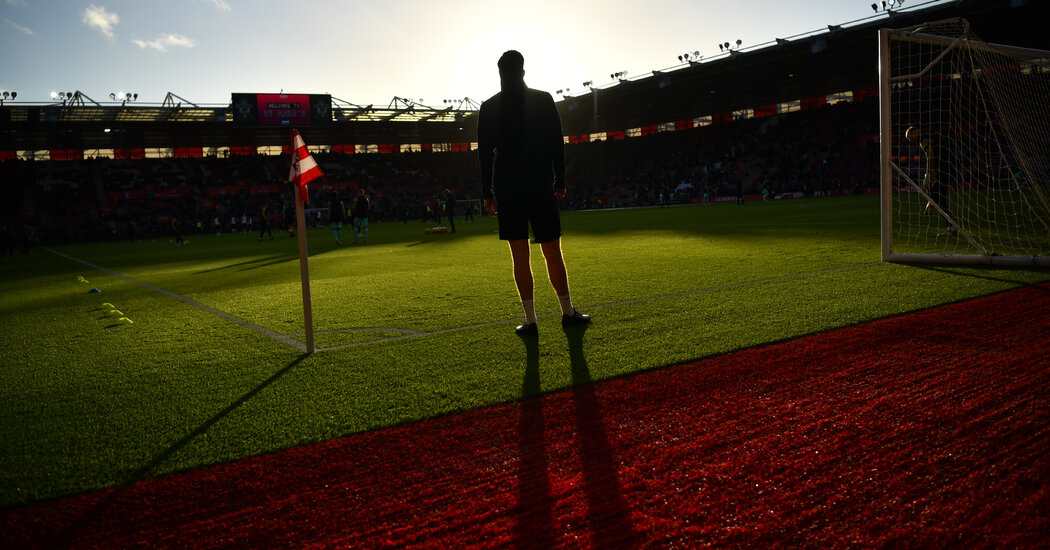
The Premier League contends it has done as much as it reasonably can do to persuade its players to accept the inoculations. Van Tam not only addressed the captains of the league’s clubs but also released a video, highlighting the importance of vaccination and dispelling myths, to reinforce the message. He has visited teams in person. Other clubs, struggling to persuade their holdouts to be vaccinated, have been offered visits from experts eager to answer questions and allay fears.
The clubs, too, have “played their part,” as Molango put it. Many have invited medical teams into their training facilities to make it as easy as possible for players to get a shot. At Liverpool, Jürgen Klopp has been an outspoken advocate of the “moral” imperative to be vaccinated. Leeds United officials have made vaccination a nonnegotiable part of a player’s duty to his teammates, and at other teams players have embraced vaccinations after being shaken by the experiences of teammates who tested positive, or the effect that Covid-related deaths have had on friends and colleagues.
Other clubs, though, have been accused of being too light a touch, of not offering enough guidance to players early on, of giving the illusion that there was no real urgency. That, critics say, created a space in which misinformation could flourish. One Premier League team initially encouraged players to be vaccinated on their own time. When that did not receive much response, executives dropped the hint again. It was only after a few weeks that the club, realizing it had hit a wall, took the step of inviting a vaccination team to the training facility.
Clubs’ approaches, though, are starting to shift. This summer, a number of transfer deals included clauses written into player contracts stating that vaccination was mandatory. Agents expect that to become the norm over the next few months: Klopp, like Aston Villa’s Steven Gerrard and Arsenal’s Mikel Arteta, has made it clear that his club would prefer not to sign unvaccinated players.
Internal measures are growing more strict, too. At least one Premier League club no longer permits unvaccinated players to dine with their teammates, and requires them to change into their training gear either before arriving or in their car, instead of in the dressing room. The Premier League is now considering adapting its protocols to make similar precautions more widespread.
The hope, among those charged with keeping the players safe, is that a more active, more draconian stance will prove decisive among all but a few ardent holdouts. Until then, all the league can do is try to counteract the misinformation, change all the minds it can, and hope that the games can go on.




